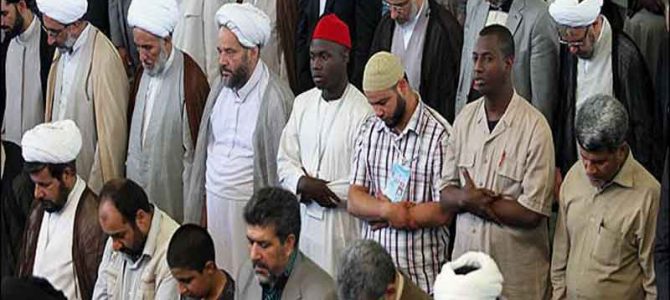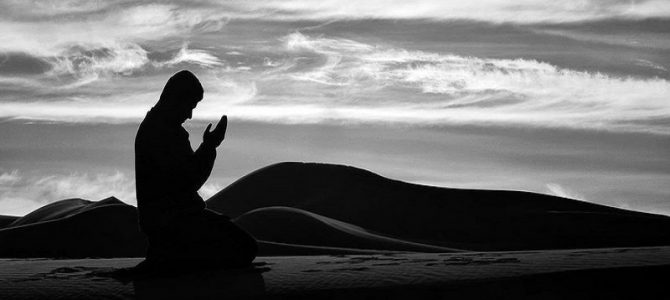Question 573: In the other salats of Nafilah of Layl, any small surahs can be recited after Sura al-Hamd.
Answer 573: You are allowed to recite other small Surahs of the holy Quran in each Raka’at of the Night Prayer, however it is said that if you recite Surah al-Ikhlas (Tawhid) after Surah al-Hamd in Shaf’a and Witr prayers you would be given the reward of reciting the whole Quran.[1] Because, the both prayers have 3 Rak’ats and if you recite surah al-Ikhlas three times it would be regarded as reciting the whole Quran.
When it comes to the rak’ats of Shaf’a prayer, it is better to recite Surah al-Falaq after Surah Hamd in the first rak’at and to recite Surah Naas after Surah al-Hamd in the second rak’at. There remains one rak’at of witr prayer in which it is better to recite Surah al-Tawhid thrice after Surah al-Hamd along with Surah al-Falaq and Surah Naas. One can suffice to reciting only Surah al-Tawhid and then perform Qunut.
For further information in this regards, please refer to the following answer:
Index: The night prayer or Salat al-Layl (Tahajjud), answer 234.
Index: Number of things which invalidate the prayer, answer 547.
Index: The Secret of Prayer / Sirr us-Salat, answer 589.
Index: Do we have to pray in Arabic language, answer 010.
Index: Saying Āmīn during prayer in validate the prayer, answer 017.
Index: Reciting Dua or Dikr in any language during the Prayer, answer 579.
[1] . Bahrani, al-Burhan, Tehran, Bonyad Beathat, 1416 A.H, Vol. 5, Pg. 797; al-Da’awat, Pg. 218.










